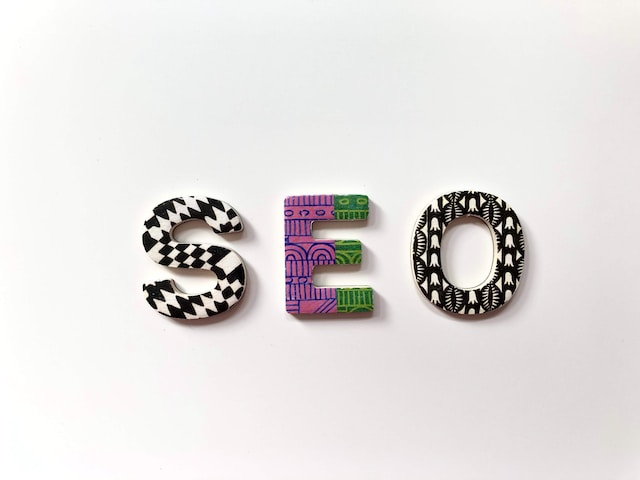On-page optimization is an important element of search engine optimization (SEO) that plays a vital role in increasing the visibility and rankings of a website within the corresponding search engine results. On-page SEO refers to the practice of optimizing individual web pages to make them more user-friendly and search engine-friendly. By using on-page SEO methods, websites may increase their chances of ranking higher in search engine results pages (SERPs) and obtaining organic traffic.
In this article, we will go over the many aspects of on-page SEO optimization and provide you with tips that you can use to improve the on-page SEO of your website.
Content Quality
Google defines thin content as stuff that is not genuine and has minimal value. Auto-generated text, thin affiliate pages, scraped material, and gateway sites are all examples of thin content.
However, the fact that your page does not meet the criteria does not imply that the content on it is not thin. The concept of “value” is the most important of those mentioned above. To get a good rating for the phrase that you are targeting, your website must be trustworthy, actionable, valuable, and readable.
Internal Linking
The process of building hyperlinks to other pages on your website that are valuable to visitors is referred to as internal linking. Internal linking is necessary for on-page search engine optimization (SEO) since it sends readers to other pages on your website, which keeps them on your site for a longer amount of time and informs Google that your website is helpful and desirable.
Furthermore, the longer users stay on your website, the longer Google has to examine and crawl the particular pages of your website. After everything is said and done, this helps Google index more information about your website, which may ultimately contribute to it being listed higher on search engine results pages.
Search Box Placement
If you use a site search feature on your web page, your search bar should be easy to find. When someone is looking for anything, they will not scroll to the bottom of your page.
When someone visits your website on a desktop computer, it should be shown in an easily accessible area, preferably in the upper right-hand corner of the screen.
The top of the screen on mobile devices should be allocated for their line. Avoid placing the search box too close to other boxes, such as a sign-up for a newsletter, since this may lead consumers to get confused.
Meta Description
Are you aware that the meta description tags you employ may influence how high your website ranks in search results?
According to Google’s snippet documentation, meta descriptions are utilized in the process of creating search result snippets.
If used correctly, the meta description that appears in search results will express to the potential website visitor what the page is about and give them a feel of what they may expect if they click on the link and visit the website.
Page Titles
When search engines visit your site, they look at a variety of things, one of which is the title tag.
They do this because they need a thorough comprehension of the website’s content. Following that, they will rank your page in their search results (for several keywords) depending on additional factors such as off-page search engine optimization, domain authority, and competitiveness, among others.
Each page must have a unique title that distinguishes it from the others since this will help users and search engines understand the page’s content.
URL Structure
URLs help search engines understand the content of your website and have an influence on the order in which your web pages are ranked in search results, in addition to enhancing the overall user experience. Search engine bots use URL architectures for scanning and indexing your page. Bots can better understand the structure of your website and index relevant material when URLs are arranged logically. By including relevant keywords in your URLs, you are informing search engines about the subject matter of your content. This, in turn, increases your page’s exposure in search results for certain queries.
Various Media Elements
Using a range of media on your website is crucial for strong on-page SEO. Including music, video, infographics, and images on your website may enhance the user experience. Visitors will find your website more appealing as a result. Because search engines place a great value on human interaction, using a range of media may increase your website’s visibility and ranking.
Furthermore, alternative text descriptions for photographs and captions for videos give critical information that improves accessibility and aids in keyword optimization.
Mobile Responsiveness
The majority of internet users use mobile devices for a variety of purposes. As a result, if the content you give isn’t suited for mobile devices like tablets and smartphones, you’re passing on opportunities.
For quite some time, Google has recognized the importance of mobile consumers. As a result, since 2015, its algorithm has been assessing the performance of websites not just on desktop computers but also on all other types of screens.

0 Comments